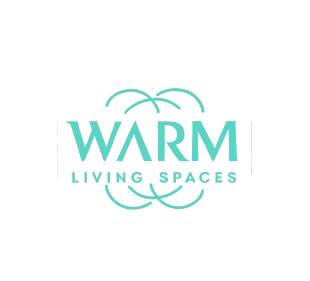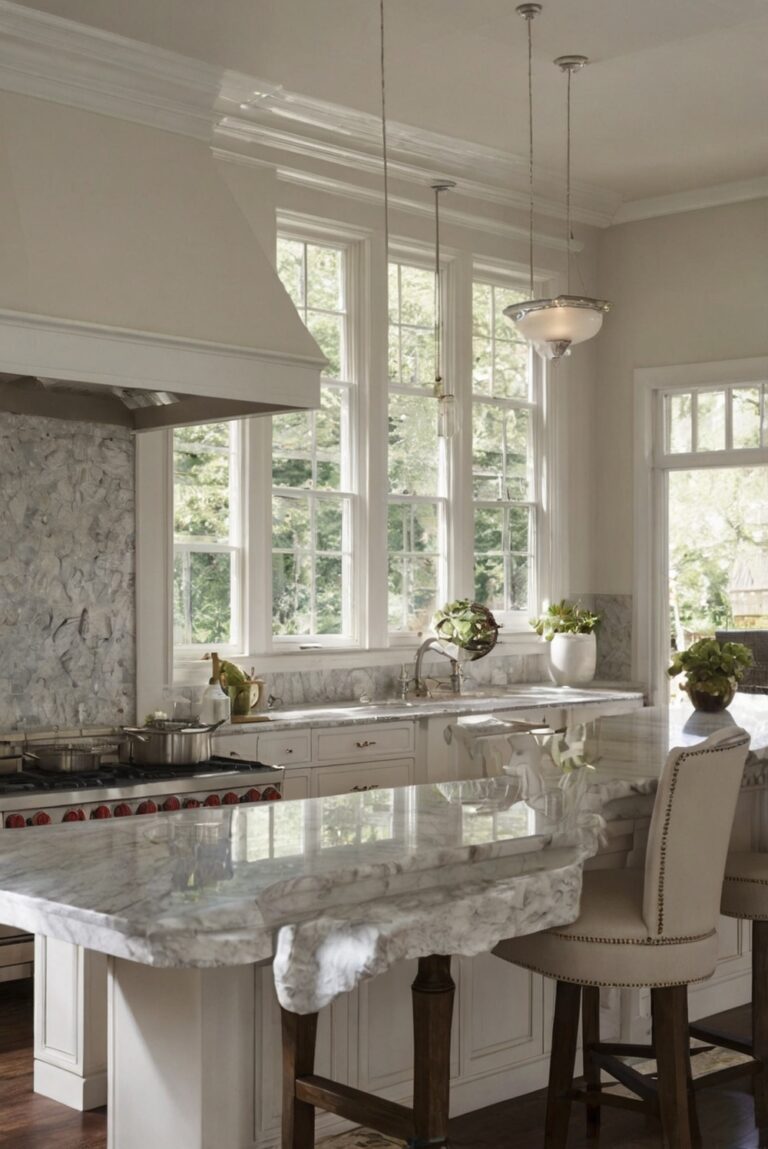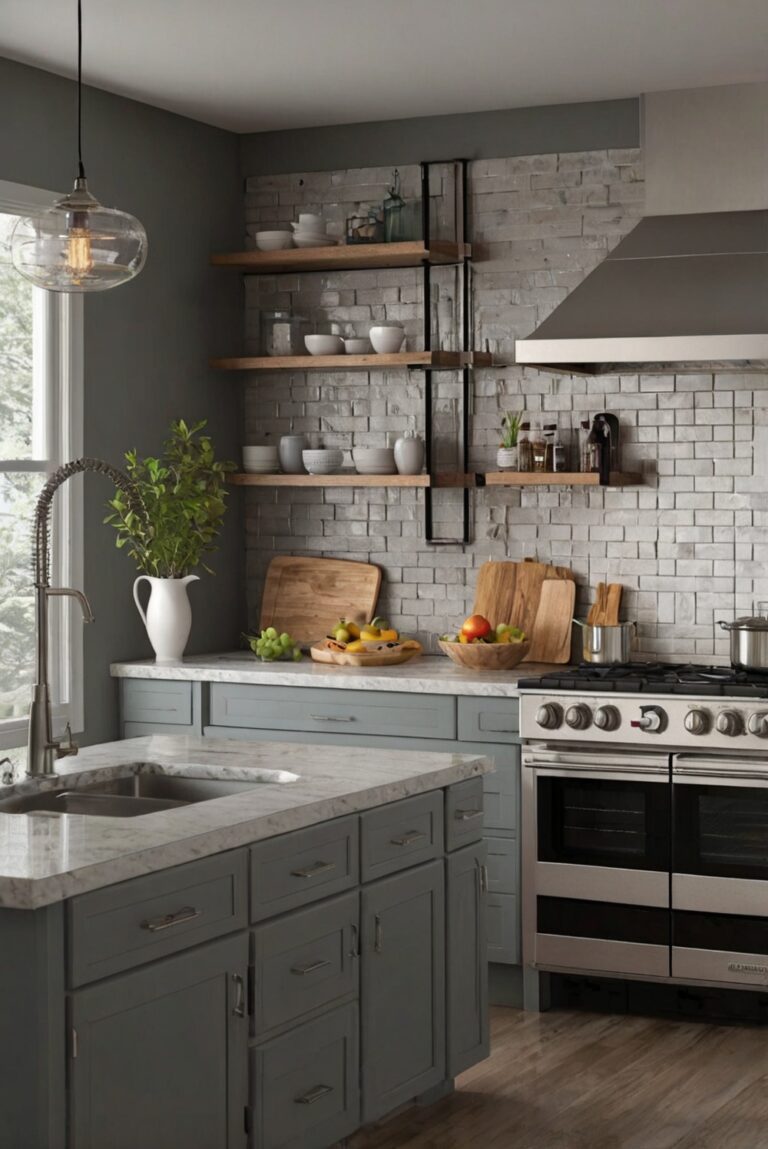Discover the must-have cabinet features every functional kitchen needs. From ample storage solutions to efficient organization, ensure your space is both stylish and practical.
What Cabinet Features Are Essential for a Functional Kitchen?
In a functional kitchen, essential cabinet features include proper storage space organization, sturdy construction, easy accessibility, and efficient use of space. These features help maintain a clutter-free environment, optimize the kitchen layout, and enhance the overall cooking experience.
- Proper storage space organization is crucial for keeping utensils, cutlery, and cookware well-organized and easily accessible.
- Sturdy construction ensures the longevity of the cabinets and prevents any potential hazards from falling or collapsing.
- Easy accessibility features like soft-close drawers, pull-out shelves, and adjustable racks make reaching for items effortless.
- Efficient use of space through corner cabinets, tall pantries, and under-cabinet lighting maximizes storage capacity and functionality.
What Cabinet Features Are Essential for a Functional Kitchen?
When designing a functional kitchen, it is crucial to pay attention to the cabinet features as they play a significant role in the overall efficiency and aesthetics of the space. Here are some essential cabinet features that every functional kitchen should have:
Storage Capacity:
One of the most important aspects of kitchen cabinets is their storage capacity. Cabinets should have enough space to store all your cookware, utensils, and food items, keeping them organized and easily accessible. Consider cabinets with adjustable shelves and pull-out drawers to maximize storage efficiency.
Quality Materials:
Investing in cabinets made from high-quality materials is essential for a functional kitchen. Opt for durable materials such as solid wood, plywood, or high-quality laminate that can withstand the daily wear and tear of a busy kitchen. Quality materials ensure that your cabinets will last for years to come.
Efficient Organization:
Efficient organization is key to a functional kitchen. Choose cabinets with features like built-in dividers, spice racks, and tray storage to keep your kitchen items neatly arranged. Consider incorporating pull-out trash bins and recycling centers to streamline waste disposal and recycling processes.
Optimal Lighting:
Proper lighting is essential for a functional kitchen. Install under-cabinet lighting to illuminate countertops and workspaces, making tasks like food preparation and cooking easier and safer. Consider LED lighting options for energy efficiency and long-lasting performance.
Smart Technology Integration:
Integrating smart technology into your kitchen cabinets can enhance functionality and convenience. Consider adding features like built-in charging stations, touch-activated lights, or motion-sensor drawers for a modern and efficient kitchen design.
In conclusion, when designing a functional kitchen, it is essential to prioritize cabinet features that offer ample storage capacity, quality materials, efficient organization, optimal lighting, and smart technology integration. By incorporating these essential features into your kitchen design, you can create a space that is not only practical and efficient but also stylish and enjoyable to use.
1. What Cabinet Features Are Essential for a Functional Kitchen?
Cabinet features play a crucial role in the functionality of a kitchen. Essential features include adequate storage space, durable materials, adjustable shelving, soft-close hinges, and full-extension drawers. These features ensure efficient organization, easy access to items, and longevity of the cabinets. Additionally, incorporating pull-out shelves, lazy Susans, and built-in recycling bins can enhance functionality and convenience in the kitchen. When designing a functional kitchen, it is important to prioritize these cabinet features to create a space that is both practical and visually appealing.
2. How can I maximize storage space in my kitchen cabinets?
To maximize storage space in kitchen cabinets, consider using vertical dividers for baking sheets and cutting boards, installing pull-out pantry shelves for easy access to items, and utilizing corner cabinets with rotating shelves. Additionally, incorporating under-cabinet storage racks, hanging hooks for pots and pans, and drawer organizers can help optimize storage space. Customizing cabinets with adjustable shelving and pull-out drawers can also make it easier to organize and access items efficiently. By implementing these strategies, you can make the most of your kitchen cabinet storage space.
3. What are the benefits of soft-close hinges in kitchen cabinets?
Soft-close hinges in kitchen cabinets offer several benefits, including reducing noise levels when closing cabinet doors, preventing slamming, and prolonging the life of the cabinets. These hinges provide a smooth and controlled closing motion, which helps protect the cabinet doors and frames from wear and tear over time. Additionally, soft-close hinges enhance the overall user experience by adding a touch of luxury and convenience to the kitchen. Investing in cabinets with soft-close hinges can improve the functionality and durability of your kitchen cabinets.
4. Why are full-extension drawers important in kitchen cabinets?
Full-extension drawers are essential in kitchen cabinets because they allow for maximum access to the contents of the drawers. Unlike traditional drawers that only open partially, full-extension drawers extend fully, making it easier to reach items stored at the back of the drawer. This feature ensures efficient organization and utilization of space in the kitchen cabinets. By incorporating full-extension drawers, you can optimize storage space, improve accessibility, and enhance the overall functionality of your kitchen. Whether storing pots and pans or utensils, full-extension drawers offer convenience and ease of use in the kitchen.
5. How can I choose the right materials for durable kitchen cabinets?
Selecting the right materials is crucial for ensuring the durability of kitchen cabinets. Opt for materials such as hardwood, plywood, or medium-density fiberboard (MDF) with a high-quality finish to withstand daily wear and tear. Hardwood cabinets are known for their strength and longevity, while plywood offers stability and resistance to moisture. MDF cabinets are a cost-effective option that provides durability and a smooth finish. Consider the level of maintenance required for each material and choose one that best suits your needs and budget. By selecting durable materials, you can create kitchen cabinets that stand the test of time.


